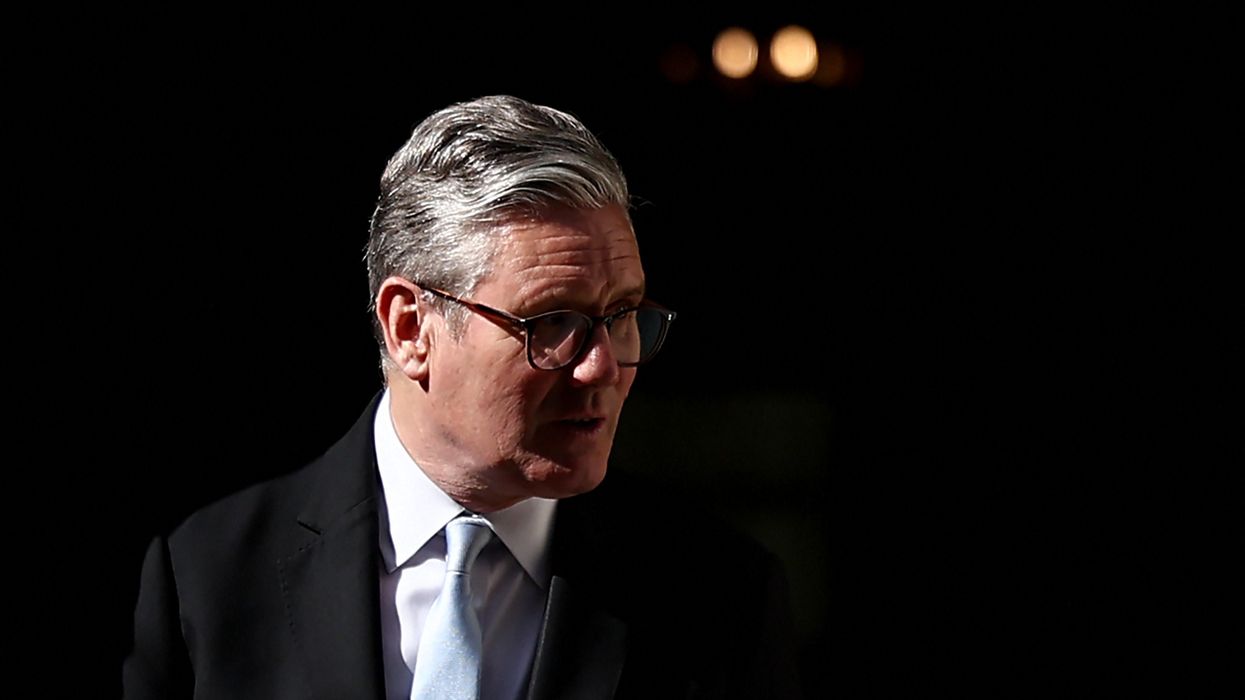So who was prime minister Sir Keir Starmer trying to sound like on immigration? Not Enoch Powell, surely, though independent former Labour MP Zarah Sultana alleged the ‘rivers of blood’ speech was quoted with intent. Downing Street scrambled to declare any faint echo unintentional. Briefing that Starmer was really summoning the spirit of Roy Jenkins instead - since Labour's most liberal multiculturalist home secretary did not want unlimited immigration - did not reflect his tone.
The prime minister’s language was deliberately tough - much tougher than the white paper he was recommending. Its principles - controlling migration, to bring the record numbers down, while welcoming contributors, managing impacts and promoting cohesion - could resonate across a Labour electoral coalition which includes migration sceptics, liberals and many ‘balancers’ in between.
Yet, Starmer polarised opinion within his own party by using language that is not his own to parrot arguments he cannot fully believe. Starmer began by co-opting Vote Leave’s slogan “take back control”. “Everyone knows what that slogan meant for immigration”, he said.
Yet on Brexit Day in 2020, Starmer was telling his party members he could respect the referendum result, while bringing back free movement (though he later made the opposite pledge to the general public). Starmer’s foreword citing the ‘incalculable damage’ of high immigration felt like clunky plagiarism of former Conservative home secretary Suella Braverman’s warnings about societal collapse. If Starmer believes that too, his white paper should go further towards eliminating net migration, not merely reducing it.
Starmer knows that he did not inherit an ‘open borders’ policy - since the chaotic asylum backlog he inherits was the product of ceasing to process claims. The prime minister could have spoken for this white paper using social democratic arguments that he does believe. At Labour’s last conference, Starmer defended ‘legitimate concerns’ on migration and the need to bring numbers down. Nobody called that Powellite, as it was fused with a repudiation of racism and a clear statement it was ‘toxic’ to blame the migrants who had come to Britain for policy failures of the government.
A measured critique this week from 25 leaders across faith, asking Starmer to lower the temperature noted that the language of ‘incalculable damage’ risks failing this test. A calmer Starmer narrative could still be scathing about the last government saying one thing and doing the opposite. He could be more specific about the promises he can keep to reduce immigration. He was well placed to commit to halving net migration within his first two years in office. A public bruised by broken promises might only believe it when they see it. 460,000 fewer visas in 2024 means the Office of National Statistics will this week report the significant start in cutting net migration within the first six months.
Labour previously opposed a net migration target, so Starmer should offer a Labour argument about why the rate of inflow matters. His most coherent point would be that he wants housing supply to outpace population change comfortably. That is impossible when annual net migration soars above one per cent of the population - but possible if this government committed to keeping that rate below 0.5 per cent - half of the level inherited - while managing it down further where consistent with its growth, training, NHS, climate and education missions. That two-thirds of the public support a new UK-EU youth mobility deal shows the pragmatic permission for managed migration too.
This calmer Starmer should reject the failed tactic of plucking numbers from the air for immigration in five years’ time - and promise instead to report back every year to parliament on numbers, impacts and future policy. That could challenge rivals with slogans about lower levels to make their numbers add up, too. That is how the real-world pragmatists might take back control of the politics of immigration.
Instead, we are debating Powell. Starmer’s contentious “island of strangers” soundbite worried out loud about wanting integration, which Powell declared impossible. But his white paper lacks a coherent agenda on integration. It proposes more migrants - outside graduate jobs - should be guest-workers. More temporary migration sounds like a recipe for more ‘strangers’ as neighbours.
The government proposes that some people who will settle permanently should wait twice as long before becoming British - but offers no evidence about why that would promote integration, not impede it. The distracting guessing game about immigration echoes from past speeches was the symptom of a vacuum in this government’s voice and thinking.
After five years as a party leader, Starmer has yet to offer a substantial public argument about diversity or integration. The conversation about his government’s future is dominated by political tactics - slicing and dicing which voter segments to engage in four years time. Yet the core challenge for the prime minister of this modern Britain is to find his own voice to speak to us all, together, at the same time.

Sunder Katwala is the director of thinktank British Future and the author of the book How to Be a Patriot: The must-read book on British national identity and immigration.





